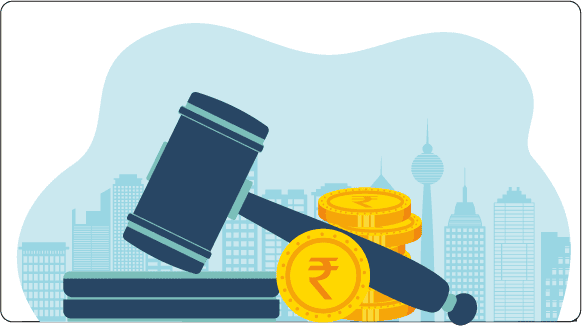What is the General Power of Attorney?

It can be difficult to find the time to take care of financial and legal matters when you’re busy with your job, your family, and everything else in life. That’s why it’s good to have an agent who can step in and help out whenever you need it—and that’s what the general power of attorney is all about.
It’s an arrangement between two people, where one person (the principal) gives another person (the agent) the right to act on the principal’s behalf.
This is different from limited power of attorney in that the agent has full discretion and power over the actions he or she takes on behalf of the principal, whereas in a limited power of attorney, there are specific tasks that the agent can only carry out with permission from the principal.
What is the General Power of Attorney?
A general power of attorney is a document that appoints an agent to act on your behalf in legal and financial matters. The authority given to your agent under a general power of attorney may be very broad or quite limited depending on what you specify in your document, which gives you maximum flexibility when it comes to specifying what you want your agent to do.
A general power of attorney is often used by someone who anticipates being incapacitated, such as when they are planning for long-term care or dementia. It can also be used by someone who wants his or her affairs handled according to his or her wishes after death without going through probate court.
Why Do You Need One?
General power of attorney is a written document that gives another person—known as an agent—the authority to make decisions for you regarding your property and finances.
A power of attorney is useful if you have become incapacitated in some way, or if you are planning to travel but need someone to handle your affairs while you’re away.
Powers of attorney can be broad (covering just about everything) or limited (only allowing your agent to act on specific matters). Some people create several powers of attorney over time, granting one each for different purposes. If power has no expiration date, it becomes valid only when its recipient becomes incapacitated; other powers have specific start and end dates.
You should have a general power of attorney (also known as a durable power of attorney) if you or someone in your family is incapacitated and cannot make financial or medical decisions for themselves. This person—known as an agent—will be able to make these decisions on your behalf.
However, it’s important to note that anyone can draft a general power of attorney, even though it may not be legally valid. Before drafting one yourself, you should consult with an estate planning lawyer who has experience drafting legal documents and can advise you on your specific needs.
In Summary
When all is said and done, there are few reasons to execute a general power of attorney in lieu of other options. If you choose to do so, however, be sure that you not only consult an attorney but follow his or her advice.
There is no set amount of time that a power of attorney remains valid, so if your family member dies while you’re incapacitated, they may go through things without your knowledge and potentially make decisions that harm you or your assets.
It’s also important to keep regular files on all changes in circumstances: where an original document might expire due to lack of use, for example, updates should be filed at least annually so it doesn’t become irrelevant. Planning for eventualities like these makes it easier for everyone involved in an already stressful situation.
If you have more questions on this topic, drop a mail at info@roodland.com and you will get your questions answered!

Unlocking the Power of Feng Shui in Real Estate: A Guide to Harmonizing Your Home
This article will explain you about the General power of attorney and why do you need one!
What is External Development Charges (EDC)?
This article will explain you about the General power of attorney and why do you need one!
Importance of Highway for Indian Real Estate Sector
This article will explain you about the General power of attorney and why do you need one!
Ways to Manage Traffic in Metro City
This article will explain you about the General power of attorney and why do you need one!
How to Make Your House Look Rich?
This article will explain you about the General power of attorney and why do you need one!
10 Houseplants to Brighten Up Your Home
This article will explain you about the General power of attorney and why do you need one!
6 Clever Ways to Hide Cords in Your House
This article will explain you about the General power of attorney and why do you need one!

















